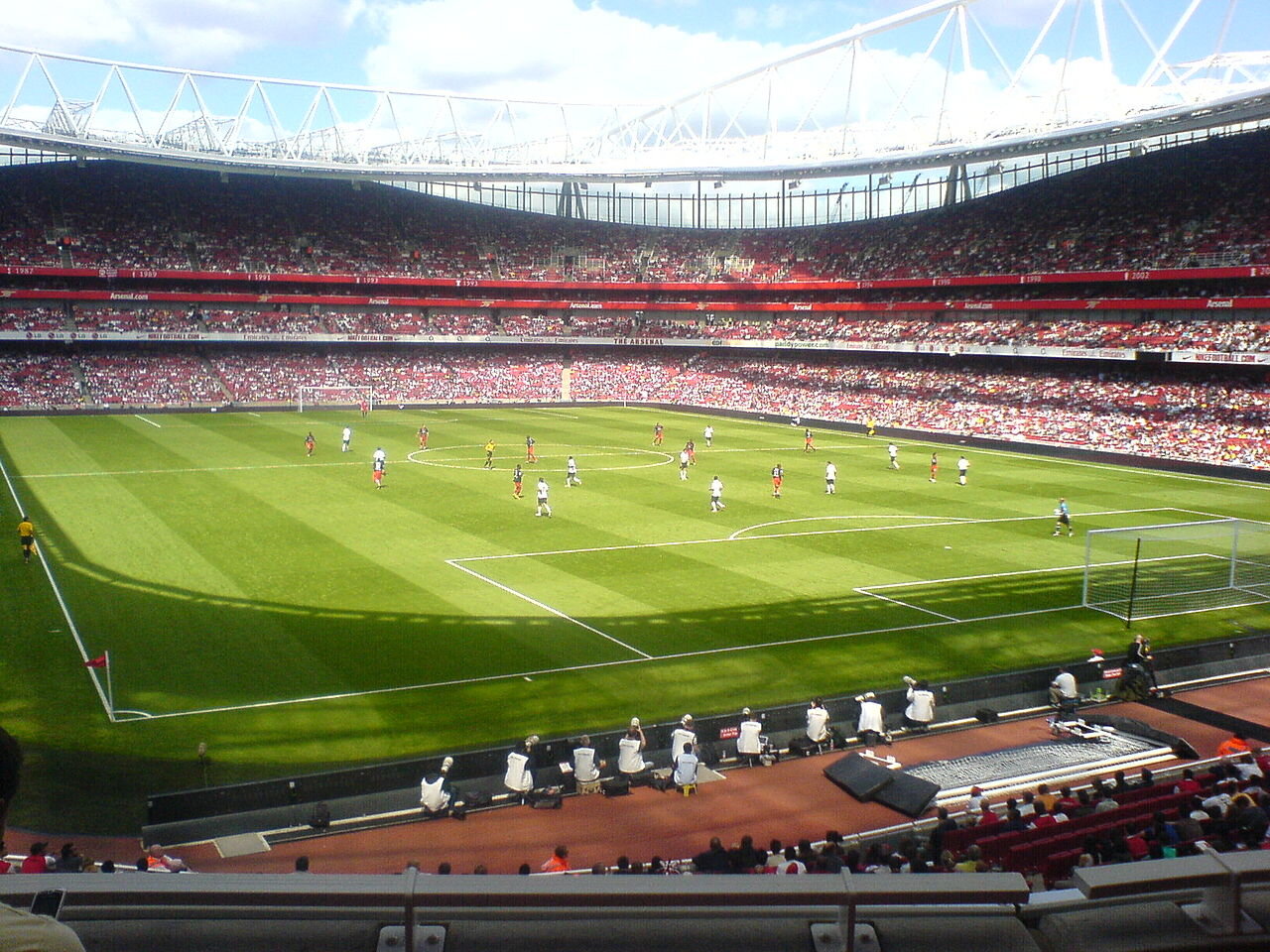Football is resuscitated as the European Super League is defeated
After months of rumours and secret talks between the biggest clubs in European football, the intention to start a breakaway European Super League was finally made official late on Sunday 19 April.
The competition to end all competitions, weekly clashes between the biggest names in football, the highest quality of football available, all for the low price of the death of the game as we know it.
But as soon as it started, it was over. Following a backlash from fans, first Chelsea and Manchester City, and then the remaining English clubs, Tottenham Hotspur, Arsenal, Manchester United and Liverpool all dropped out.
Some lost face altogether, as Ed Woodward, vice-chairman of Manchester United, resigned and is to leave at the end of 2021. Most, however, reflected the statement released by Arsenal, which signed off by stating simply “we have heard you”, acknowledging their mistake.
The establishment of a Super League would have been akin to the removal of a limb for football across the continent
Football had been on the decline for years now and still is, despite the backing down of these clubs. Corruption and greed at the top of the football pyramid is rife, and although the ESL proposal would have extended these issues to a far greater extent, the current climate of the sport is certainly not one that should be excused.
However, the establishment of a Super League would have been akin to the removal of a limb for football across the continent.
Leagues are dependent upon the money that the biggest and richest clubs bring in to sustain the teams further down the ladder. For example, in the Premier League, clubs earn over £100 million for being in the league as a result of the money largely brought in by the top teams.
Take that away, especially during an economic crisis, courtesy of the Covid-19 pandemic, and the dam may have burst. The already shaky foundations that clubs at the bottom of the pyramid are balancing on will likely have been swept from under them, making the entire structure tumble like a feeble house of cards.
There would have been devastation throughout the world of football. That is, for all but the supposedly ‘elite’ (read: rich) clubs that have selfishly ensured their survival by sacrificing all those below them.
Their key mistake, however, was the fact that rich owners looking to line their pockets with silver and gold disregarded the history and importance of football for fans across the country and the world.
The motivation for establishing such a league was simple – increased income for the super-rich, without risk of loss. This league was not born from a desire to entertain through constant clashes between footballing powerhouses, it is born out of the greed of club owners who wish to secure and increase their wealth risk free.
Without promotion or relegation, the founding members could pick and choose who remains a part of the league, and each team will continue to add £300m a year to their bank accounts without any movement up or down.
Ironically, the creation of this league could quite possibly have seen the removal of anything ‘super’ about the teams involved. With the prospect of missing out on childhood dreams such as playing in and even winning a World Cup, or the Euros, several players would have jumped ship.
A key mistake, however, was that the majority of the staff and people associated with the clubs were not involved with the decision making process, and voiced their displeasure with the agreement.
Statements started to pour out across Tuesday, as players from across the clubs involved, including Marcus Rashford, Kevin de Bruyne, culminating with the entirety of the Liverpool squad, made their displeasure and opposition to the league clear.
The football on display would have been despicably dull. Without the threat of relegation or the promise of more European football, the teams would be left with nothing to play for, instead kicking the ball about in a series of cash cow exhibition matches that do nought but make a mockery of the sport and its integrity.
Football united in such a way that was impossible for even these egotistical, money-mad owners to ignore
The game would have, officially, been gone, like it or not, and no one would be able to stand in the way of the fat cat billionaires that masterminded the sport’s destruction.
Thankfully, however, before any momentum was built up by these owners, football united in such a way that was impossible for even these egotistical, money-mad owners to ignore.
Social media was ablaze with denunciations from fans of all the clubs involved, while politicians such as Boris Johnson and Keir Starmer made clear their intention to prevent the Super League by any way possible.
The culmination of this protest was the physical presence of fans in the build-up to Chelsea’s game against Brighton. Blocking roads, these fans made their displeasure and distaste for the ESL and the state of their club clear, something owner Roman Abramovich could not ignore.
Chelsea started to pull out, and soon everyone else followed: the best possible ending to two of the football’s worst days.
Despite the elation of this ending, however, there is no doubt this was a sad time for football and footballing fans across the globe, even if their momentous effort led to the league ending before it even began. There can be no doubt this concept will emerge again, sooner or later, even if for now vice-chairman Andrea Agnelli has announced that the league “cannot go ahead”. And fans will have to fight even harder, when it does.

Comments